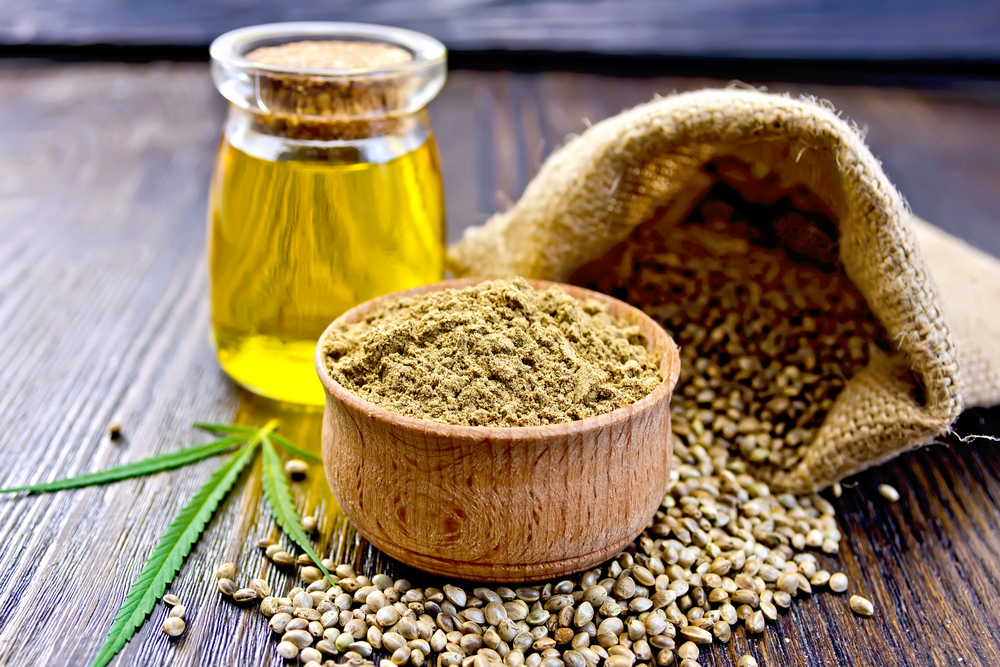Earth Life Sciences Acquiring Maker of Medicinal Cannabis Oil Treatments for MS
Written by |

Earth Life Sciences (ELS), a venture capital and management firm based in Quebec, announced that it is partnering with a cannabis oil-based nutraceutical company, with an agreement in place to acquire that company and establish a new division. The resulting entity will be an organic medical marijuana oils (CBD) producer that will develop products for patients who wish to use cannabis to manage chronic pain in a variety of diseases, including multiple sclerosis.
ELS notes in a press release that research suggests cannabis can help manage chronic pain, especially the nerve-related pain that often plagues persons with MS and other neurological disorders, and that cannabis oil has therapeutic properties not replicated by other available medications.
Cannabis oil is derived from cannabis flowers using food-grade alcohol to extract such compounds as THCA (delta-9-tetrahydrocannabiolic acid) and CBDA (cannabidiolic acid). The residual alcohol and excess water are then removed through evaporation, leaving behind a pure cannabis resin to which olive oil is added as a carrier agent. The compounds are transformed into the medically active cannabinoid compounds tetrahydrocannabinol (THC) and cannabidiol (CBD) through a heat-induced reaction called decarboxylation — a chemical reaction that releases carbon dioxide (CO2). This process results in medicinal ingredients in the oils becoming active, making it unnecessary for patients to further heat the cannabis medication (unlike herbal cannabis which must be heated by smoking or with a vaporizer to release its medicinal qualities). Cannabis oils are either ingested or administered sublingually (as drops under the tongue).
A guideline issued in 2014 by the American Academy of Neurology (AAN), titled “Summary of evidence-based guideline: Complementary and alternative medicine in MS,” concluded that, based on evidence regarding marijuana and its derivatives, oral cannabis extract and synthetic THC are likely to be effective in reducing patient-reported spasticity and pain, but not MS-related tremor or spasticity measured by tests administered by physicians. Its most commonly reported side effects being dizziness, drowsiness, difficulty concentrating, and memory disturbance.
A 2012 study published in the Journal of Neurology, Neurosurgery, and Psychiatry, “Multiple sclerosis and extract of cannabis: results of the MUSEC trial,“ reported on results of the Multiple Sclerosis and Extract of Cannabis study, called MUSEC, the objective of which was to substantiate patient-based findings of previous studies.
In this double-blind, placebo-controlled, Phase 3 clinical trial (NCT00552604), patients with stable MS at 22 centers in the U.K. were randomized to receive an oral cannabis extract (CE) or a placebo. The primary outcome measure was a category rating scale (CRS) measuring patient-reported change in muscle stiffness from baseline. Body pain, spasms and sleep quality were also assessed. Three validated MS-specific and patient-reported outcome measures assessed aspects of spasticity, physical and psychological impact, and walking ability.
Investigators found the rate of relief from muscle stiffness after 12 weeks was almost twice as high with CE compared with the placebo (29.4% vs. 15.7%), with similar results found after four weeks and eight weeks, leading them to conclude the superiority of CE over placebo in the treatment of muscle stiffness in MS — a conclusion supported by results for secondary efficacy variables. Adverse events experienced by participants treated with CE were consistent with known side effects of cannabinoids.
In addition to MS, the new company’s products will also be intended as medical remedies for arthritis, glaucoma, the nausea associated with cancer treatments, and appetite loss.
According to ELS, formerly known as Canadian Tactical Training Academy, cannabis oil is already a multi-billion dollar industry in North America, with legal adult recreational marijuana sales in excess of $998 million in 2015, an increase of 184 percent from 2014, when sales were $351 million. With cannabis extracts being produced and consumed in all 50 U.S. states, the company projects, citing unspecified industry reports, that the market for legal marijuana in the U.S. and the Canadian medical marijuana market will grow to $7.1 billion and $4.1 billion, respectively, in 2016.
Sources:
Earth Life Sciences Inc.
National Multiple Sclerosis Society
American Academy of Neurology
Journal of Neurology, Neurosurgery, and Psychiatry


